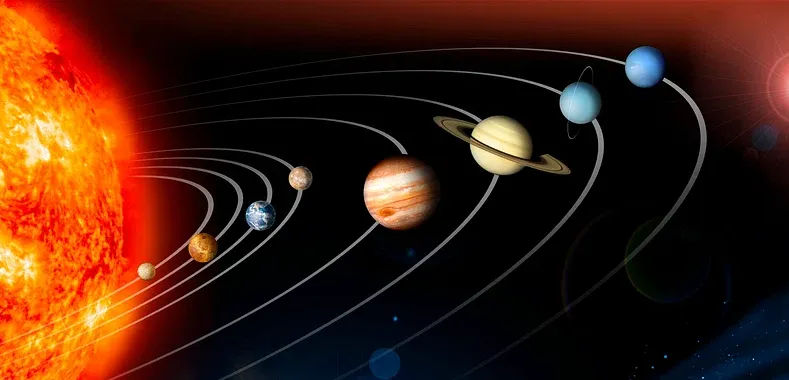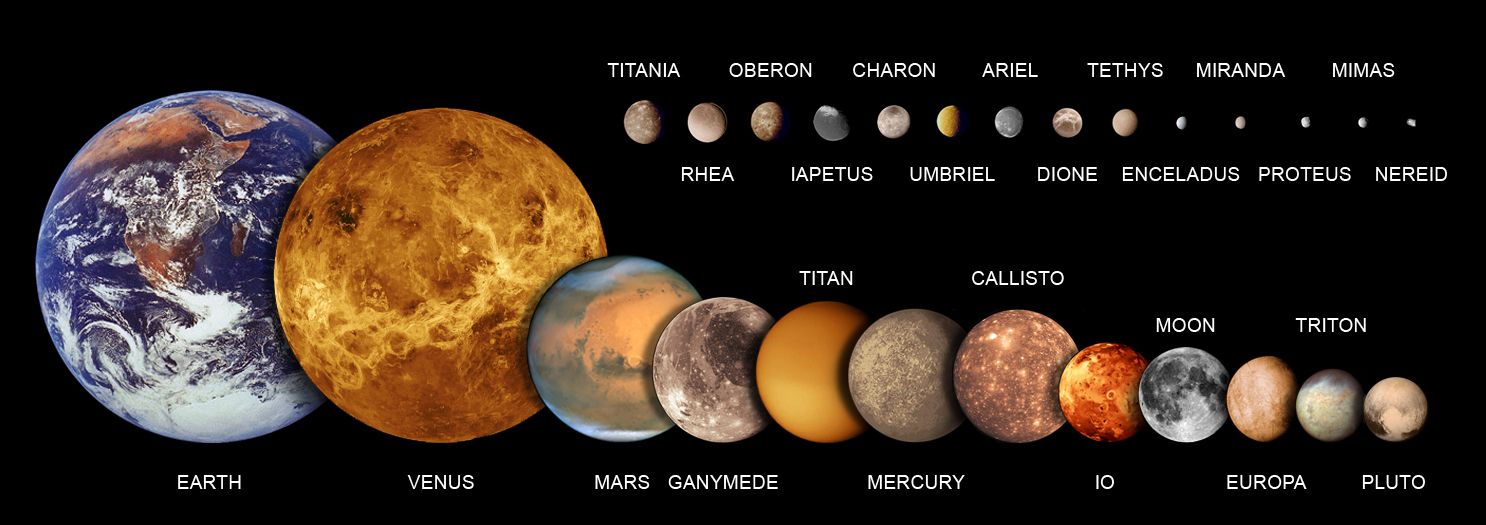
Facebook’s poke feature now includes streaks, similar to Snapchat’s daily streaks
The classic Poke returns on Facebook with streak mechanics, encouraging daily interactions via a profile button.
Our solar system is a captivating enigma that ignites our curiosity about the vastness of the universe. Comprised of the sun, eight planets, satellites, asteroids, comets, dust, and gas, it holds the key to understanding the wonders of space. In this article, we will take you on a voyage through our solar system, unraveling its mysteries and shedding light on the fascinating processes that govern its existence.
The solar system, consisting of the sun, eight planets, and satellites, is a small fraction of the estimated 500 solar systems in the universe. Beyond our celestial companions, asteroids, comets, dust, minor planets, and gases leave their mark in the vast expanse of space. Divided into the inner and outer solar systems, the planets orbit the sun in their individual trajectories. The rotation of the planets determines day and night, while their revolution around the sun governs the change of seasons. Our solar system resides within the Milky Way galaxy, providing a unique home for life on Earth, according to scientists and astronomers.

Intricate and awe-inspiring, the solar system is an amalgamation of the sun, eight planets, satellites, and other celestial objects scattered throughout space. The inner solar system encompasses the Sun, Mercury, Venus, Earth, and Mars, while the asteroid belt separates it from the outer solar system that consists of Jupiter, Saturn, Uranus, and Neptune. Enigmatic bodies like asteroids, comets, dust, and gas add diversity to this celestial congregation. Revolving around the sun, each planet has its own axis of rotation, responsible for the cycle of day and night. Meanwhile, their orbits across the vastness of space mark the passage of seasons, dictated by the sun's gravitational pull. Our precious solar system lies embedded within the breathtaking Milky Way galaxy, twinkling in the night sky like a band of milk, as observed by the ancient Romans. Scientists and astronomers currently believe that Earth is the only planet to harbor life, but further discoveries may challenge this assumption.

A testament to the grandiosity of the cosmos, the solar system comprises the sun, eight planets (with Pluto now considered a dwarf planet), and an entourage of satellites. Amidst the celestial dance, asteroids, comets, dust particles, small planets, and gases weave a tapestry of cosmic wonder. The inner solar system encompasses the Sun, Mercury, Venus, Earth, and Mars, while the outer solar system hosts Jupiter, Saturn, Uranus, and Neptune. The asteroid belt gracefully separates the two realms, nestled between the orbits of Mars and Jupiter. As the largest star in our solar system, the sun holds its vantage point at the center, where the planets revolve around it in harmonious orbits. Each planet, bearing its distinctive spin, generates the rhythm of day and night, while their collective revolution exerts an irresistible force, triggering the ever-changing seasons that paint our world. The infinite universe stretches beyond our comprehension, with an estimated 500 solar systems, each potentially harboring untold wonders yet to be discovered. Our solar system nestles comfortably within the Milky Way galaxy, adorning the vast expanse of the night sky with its captivating presence. Presently, scientific consensus dictates that Earth, the blue jewel we call home, holds the privilege of fostering life, but our understanding of the universe continues to evolve, leaving the door open for future revelations.

The solar system, a marvel of celestial architecture, gracefully intertwines the sun, eight planets (including former planet Pluto, now considered a dwarf planet), and a cavalcade of satellites. Amidst this cosmic company, asteroids, comets, dust, small planets, and gases add intricacy to the celestial ballet. Divided into the inner and outer solar systems, a delicate equilibrium governs their collaborative movements. The inner solar system emanates a compelling presence, housing the radiant Sun and its planetary associates: Mercury, Venus, Earth, and Mars. Embracing the vastness of space, the outer solar system showcases its colossal giants: Jupiter, Saturn, Uranus, and Neptune. Mesmerizingly, the asteroid belt lingers between the orbits of Mars and Jupiter, a testament to the dynamic phenomena shaping our celestial landscape. At the core of this cosmic symphony, the Sun's radiant glow, the proud guardian of our solar system, captivates with its ethereal brilliance. With each planet adhering to its distinctive pace of rotation, the harmony of day and night is unveiled. Meanwhile, the planets follow their unique paths around the sun, orchestrating the mesmerizing passage of seasons. The intricate interplay between rotation and revolution illuminates the tapestry of existence in our cosmic neighborhood. Positioned gallantly within the Milky Way galaxy, the solar system reveals itself as a sparkling jewel against the backdrop of the night sky. Its humble residence within a universe brimming with uncharted wonders beckons our collective curiosity to strive for new understandings. Presently, the consensus among scientists and astronomers holds Earth as the lone haven for life as we know it. However, as our knowledge expands through exploration and investigation, we remain open to the possibilities that an ever-expanding universe presents.
Frequently Asked Questions on the Solar System
Answer: The solar system consists of the sun, eight planets, satellites, asteroids, gases, comets, and dust particles.
Answer: Days and nights are caused by the rotation of the planets on their own axes. The side facing the sun experiences daytime, while the opposite side experiences nighttime.
Answer: Pluto's reclassification as a dwarf planet occurred due to a refinement in the definition of what constitutes a planet. Experts now classify a planet as an object that orbits the sun, is spherical in shape, and has cleared its orbit of other debris. Pluto does not meet the last criteria, leading to its change in status.
A4: According to current knowledge, there are an estimated 500 solar systems within the universe. However, ongoing research may illuminate further discoveries.